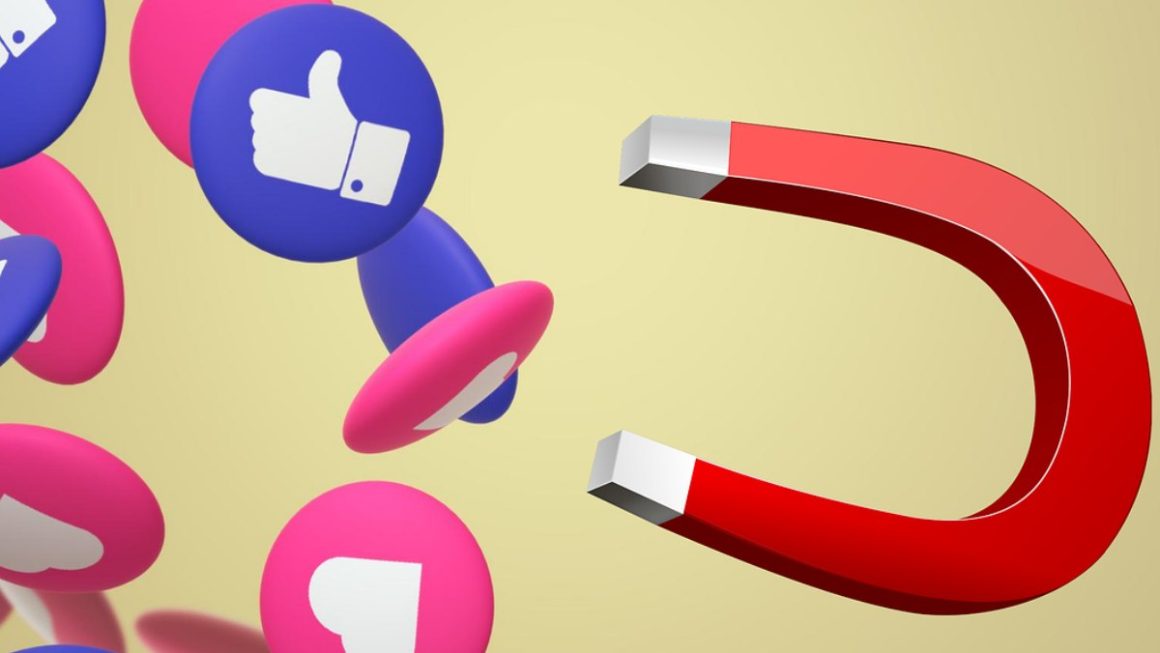Marketing is much more than (knowing) selling. And when we talk about marketing, people tend to think about all three things: advertising, brands, and products. But what if marketing is embodied in practically everything around us? What if marketing and interpersonal relationships are related?
In this article, I will show you a different point of view that may reveal issues that until now you have not even considered. Accompany me!
Table of Contents
Marketing Is Present In Everything.
The definition of Marketing that has always seemed most accurate to me is the one I heard from a professor at the university: “Marketing is creating needs that must be satisfied in our potential clients (that is, “You don’t know you want something, until that show it to you”).
And what does marketing have to do with interpersonal relationships?
Everything has a bit of marketing in this life. The relationships -all, without going any further. And you will think, but how will we apply a business strategy to people?
The First Phase Of The Marketing Plan: is research and analysis.
Think about when you buy a product or service. What did you do before? Indeed you got an idea of what you were going to acquire, and later, if you did, you checked if it was what you imagined and if it conformed to the vision you had about it (if it works correctly, if it has faults or problems, quality, etc.).
The second phase of the marketing plan: Market analysis in Marketing
Well, now remember. Remember when you met your best friend, partner, or co-worker?
Indeed you exchanged questions to get to know each other. Perhaps you talked about musical tastes, how long you had been at work, what you thought of the weather situation or if you watched the same television series when you were little to give some recurring examples. And during that exchange of ideas and memories, you got a picture of that person, whether you liked how they spoke, if you felt comfortable with how they looked at you, and if the way they expressed themselves was a positive person or not.
And the same as the other person with you.
Now do another memory exercise. Think about how you acted. Did you try to be nice? Did you talk about relevant things about yourself? Did you detangle your hair while you did it? Did you smile?
The third phase of the marketing plan: Execution.
Acknowledge it. You unknowingly used Marketing.
Realize you tried to “sell yourself.” You did to be a person who fits in with that other person. You showed yourself smiling, friendly, interested in what he was telling you, and attentive to the conversation.
Now imagine that the link goes wrong. Imagine that your employment relationship ends and you stop having a relationship with your bosses and co-workers or that you have just left a courtship even though you stopped being friends with someone.
You expected it to be different. It needs to meet your expectations. It has “broken” (or broken).
And now that? Now we face the after-sales service.
The fourth phase of the marketing plan: Analysis and Effectiveness
From the after-sales service, we can get even more information about the “company” since it is there when the contractual relationship is finished. We will see the base as if we were talking about the hidden side of an iceberg.
For example, in business terms, imagine that you have bought a wardrobe, but you still need to contract the assembly service. You return to the establishment and request it, but the company says they do not offer that service. Spot. It may also happen that they provide it to you and even finance it, or it may happen that they do not have it, but they know another company that does, and they recommend it to you (perhaps even with a discount). Each of these three outcomes will generate an opinion of the company in us, depending on whether your response has been satisfactory. And it will also make us speak good or bad about the company with ours or even on social networks and Google.
Application of Marketing And Interpersonal Relationships: Trusted Social Networks
Imagine that you have ended a relationship of any kind, but you need that person(s) to help you with something. Think about your last job and that you need to be provided with the previous payslip that you needed more time to collect, download or print. Think of your ex-partner and what you need to be reminded of how to fix the toilet cistern that caused so many problems. Or, in consulting that friend with whom you no longer talk about the exact day he fell, you had to take him to a hospital because you need the information to carry out management.
Think or imagine that last conversation that you hypothetically have and were questions such as “Have you been happy with me?”, “Have you been comfortable this time in the company with us?” or phrases such as “I miss when we used to have drinks on Saturday nights.” We can see in them a simile with satisfaction surveys. Although, in this case, we have asked only one question, we know that they usually give rise to longer, more profound, and sometimes emotional conversations from which we obtain information similar to this type of questionnaire, which in many cases have Likert-type answers (Very good, good, average, bad, regular).
Final Reflection
In short, and as I have tried to (briefly) show, relationships in life (whatever the type they are) have a simile in marketing. And the product itself is just as important as everything surrounding it and how we present it. The same is true for the company and its focus on its client.




